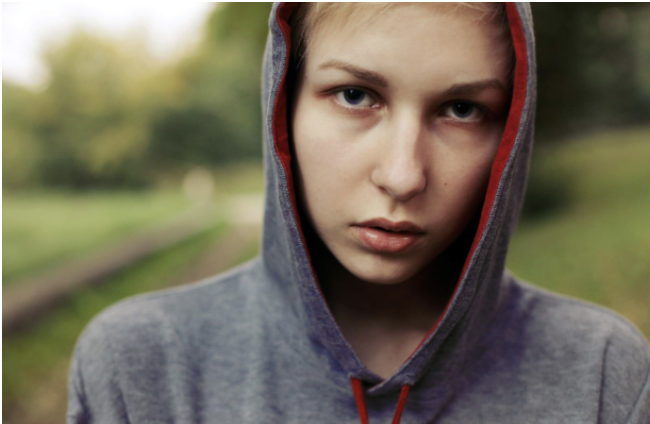Signs Your Adolescent Child May Be Using Drugs
Is your teen behaving suspiciously, as if they are hiding something? Do they spend a lot of time behind closed doors? Have you witnessed uncharacteristic behavior or strange mood changes? These symptoms are within the realm of normal behavior for a teenager, but if substance use is underlying them, it could be time to seek support for your child.
Teenagers aren’t known for being up-front with their parents, but there is a difference between a desire for privacy and a desire to conceal drug use. This difference is often detectable, though it’s not always blatantly apparent. Substance use can be indicative of other underlying struggles and is something that should not be ignored. It is important to address these signs with directness and compassion, so that your teen can get access to professionals that can help them process the behavior and develop positive coping skills.
Is Your Child Seeking to Establish Independence or Hiding a Dangerous Habit?
If you are concerned that your child is using drugs or alcohol, pay attention to the signs that may indicate an issue. Remember that while you can explore these signs on your own, it is always a good idea to ask your teen directly about their habits and behaviors, and to express your concerns in a supportive way. This may open the door to further dialogue about substance use and its impacts.
- Smell of smoke or alcohol: This may seem obvious, but you likely won’t notice it unless you interact with your child before they head to their room. In order to make sure you pick up on the scent, make sure to have a face-to-face interaction with your teen when they walk through the door.
- Avoiding eye contact: Your child may be able to avert their eyes, but signs of drug use will likely show up on their face. Kids who have used marijuana will have red, droopy eyes and small pupils. Kids who have been drinking will have dilated pupils, trouble holding eye contact, and blushed cheeks.
- More than secretiveness: It is not uncommon for teenagers to be dismissive of their parents in an effort to have their own private life. However, as a parent, you have the right and the responsibility to act when your child’s secretiveness occurs in conjunction with other negative behaviors. Your child may be using drugs if they are evasive about where they are going, what they are doing, and who they are spending time with, and they are also experiencing new problems with their health, appearance, mood regulation, school performance, and work performance.
Don’t be afraid to act and do what is best for your child. If they are struggling with drug use, they need you more than ever. Substance use can evolve in to a disorder, and can have a variety of impacts on a teen’s health and well-being. Addressing it is a step toward a healthier and safer life for your child.
Drug Rehab for Adolescents & Teens in Northern California
Parents are often at a loss for what to do when they find out their child is using drugs, but our team at Therapeutic Solutions is here to help. We are here to assist you as you encourage your child to make healthy decisions, and we are glad to support both parents and children throughout the recovery process. We offer a number of great options for families, including group therapy, family therapy, and more. Connect with our team to learn about our Adolescent Intensive Outpatient Program (A-IOP) and find out we can serve your family during this time.
Call (530) 899-3150 today or schedule a program assessment.







